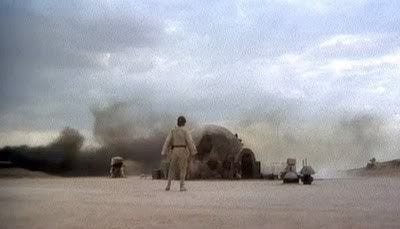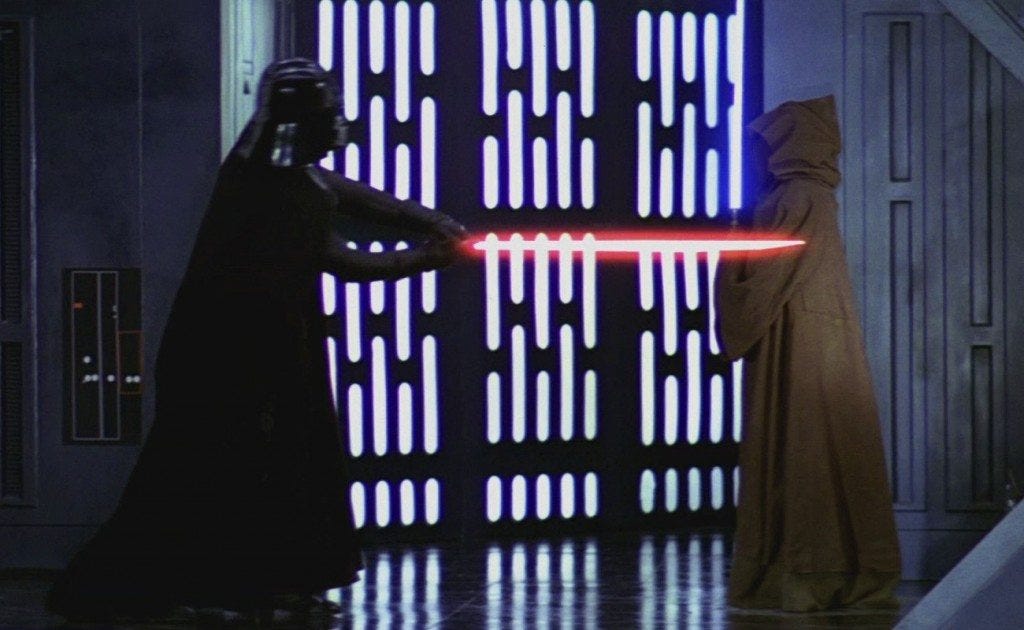The Point When Everything Changes
Recently, I was obsessing over critically watching the fabulous TV show, Sherlock, and in the episode called "The Hounds of Baskerville", Sherlock says this to his client:
And what happened when you went back to Dewer's Hollow last night, Henry? You went there on the advice of your therapist, and now you're consulting a detective. What did you see that changed everything?
And that simple exchange set me to thinking. In a novel, there is always That Point—the point when everything changes for your main character. The point when he/she can no longer go back. The pivotal moment (or change) that spurs the MC to take the next step forward. In this episode of Sherlock, that special point is when Sherlock hears Henry's story—specifically when he hears Henry say the word "hound" instead of "dog". This changes everything for our master detective (for no one modern uses such an antiquated word, and that word choice makes this case quite appealing), so Sherlock agrees to take the case. Quite simply, the Point When Everything Changes is the same thing as the inciting incident—it's just another way of looking at it (and the way I prefer to look at it, actually). It's that critical shove that gets the character through the door and rolling down the path toward THE GREAT STORY (insert echo on "STORY, story, story"). Think about it. In Star Wars: A New Hope, the point when everything changes is when Luke's sweet ol' uncle and auntie get slaughtered. There's nothing for Luke to go home to—nothing to keep him on Tatooine a moment longer. Everything has changed.

In The Hunger Games, it's when Prim is called for the Reaping, forcing Katniss to volunteer in Prim's place. In Howl's Moving Castle, Sophie is turned into a crone by the Witch of the Waste. In The Wizard of Oz, it's when Dorothy gets caught up in the tornado and dropped into Oz. It's such a simple concept—so inherent to storytelling that most of us include it naturally. I mean, in my novel, Something Strange & Deadly, my MC goes to the train to meet her brother...but her brother is a no-show. And worse, in his place, a walking corpse shows up with a hostage note. YEP, everything has definitely just changed. And think about it: even when you start telling your friends a story, you start it something like this:
So last night, I was pumping gas at my car when this enormous--I'm talking elephant-sized, gargantuan dog came loping into the station. I kid you not, it was like a mastiff on steroids, and I just left the nozzle pumping and got in my car as fast I could.
What was the Point When Everything Changed? It was when that big dog came into the parking lot. But in most stories, there isn't simple one Point When Everything Changes. In fact, I usually think of a story as having two points—the inciting incident and then the midpoint (or, as I prefer to call it, the Point When Everything Really Changes). This comes near the end of the book—right before the black moment and climax. It's when the MC experiences something that...well...really changes things, and once he's over the emotional baggage associated with that change, then he's ready to kick some tail. In Star Wars, this second point of change is when Luke sees Obi-Wan Kenobi die at Darth Vader's light saber. He's just rescued Leia from the clutches of Empire, and at Obi-Wan's death, everything really changes. He'd just made all these plans to learn the Force and battle the Empire with Obi-Wan at his side...except now Obi-wan is dead. Everything has changed—his emotions (he has some serious revenge on the brain now) and his actual, physical position (he's a fighter pilot for the Rebel Alliance now, yo!).

You can, of course, have more Points of Change in your story, but I think those two BIG ONES are the most important--without them, you really don't have a complete story. Or, maybe I'm wrong about that. What do you think? Do your stories or the books you've read follow this pattern?
